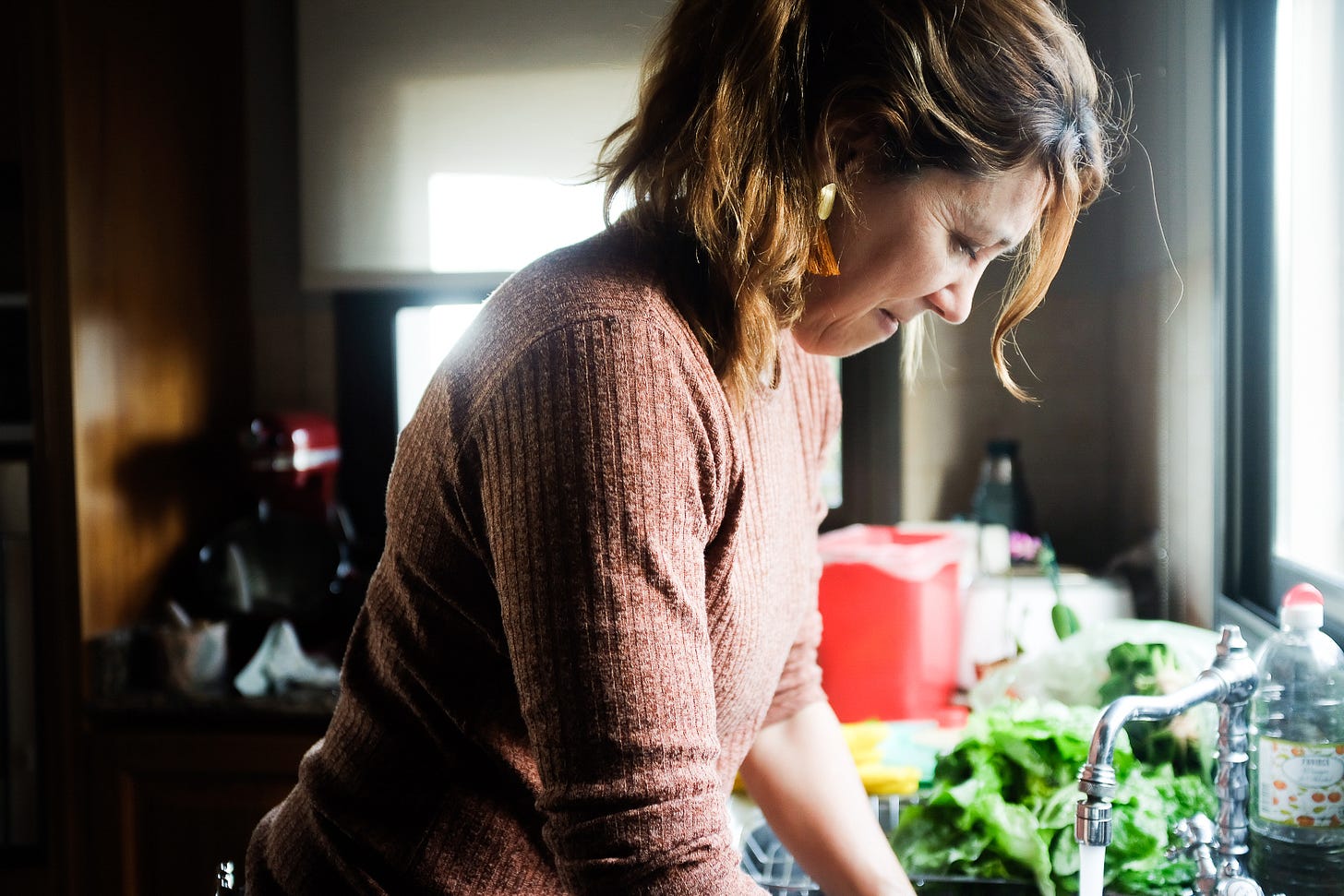Food Origins #1: Customs marked by life in South America
A blend of traditions and experiences that comes to life in the form of free-spirit cooking.
A few years ago I took a DNA ancestry test. When the report came back I was amazed to see the path of all my ancestors, from different continents, dating back thousands of years. As I sat in a land completely foreign to my lineage, I wondered how they lived, loved and cooked throughout the millennia. How did their habits evolve over time, as they moved across lands and oceans? What traditions carried on over the years, and what knowledge got lost?
Like my ancestors, I also moved quite a bit. My family moved from Buenos Aires to Sao Paulo when I was six, which had its own set of challenges. My little 6 year-old mind didn't understand the change, the language, and the surroundings. At home, my parents kept the Argentinean culture alive in our daily habits, so it took me a while to grasp the extent of that change.
My family has a strong bond to food, which has been a part of my life since very young. We talk, laugh, and cry over shared meals. My mom cooked for us, a family of six, with an irreplaceable mix of grace and kindness: there was always room for anyone to join. Our meals were important, almost ritualistic. Friday nights were a family staple, celebrated by mom's homemade pizza in the oven. She made the dough from scratch, and then cooked the tomato sauce long enough that the entire house would carry the scent of onion and garlic. We would sit around the table and eat each pizza that came out of the kitchen in reverent appreciation.
In case you’re wondering, yes, I eventually blended in with Brazilian culture. There is something about the Brazilian people - their humor and chaos - that felt so natural to me, so close to my heart. But with food, it was different. The overwhelming variety was so unknown to me. There are dozens of regional cuisines influenced by different peoples, climates and vegetation. A variety of fruits and vegetables that are beautiful and disarming. For almost two decades I soaked in as much as I could: I ate, read, experienced. And eventually went to culinary school. This immense universe of flavors and traditions was fascinating to me, and just like that, Brazil conquered my entire heart.
I ended up finding a job in tech, and a few years later moved to California. Although it was my choice this time, it wasn't easy. I left a dear love, many friends and my family back at home.
I found myself again at that unforgiving place when you move countries: you belong, but you also don't. But I felt a sense of grounding through food - cooking and eating. As I adjusted to the move, a hunger to rescue my origins grew strong in me. In order to understand who I was in this new context, I had to look back at my history, and embrace it.
I realized that my identity is influenced by family traditions, and by my acquired culture - the Argentinean, Brazilian and now, Californian. The way I cook, and what I cook is a kaleidoscope of those, that I express with no boundaries: I love Argentinean pastries, with a flare of tropical fruits and spices. I indulge in California produce cooked over open fire, resembling an asado. I cook letting my instincts guide me through a library of my own experiences, unconscious that some of them are traditions that date generations and generations back.
So why am I writing about origins? Cooking is one of the purest means of self and cultural expression to humankind. In the intersection of nourishment and human's relationship to food, there is a pocket of wisdom that speaks volumes about who we are today, why we eat what we eat. What drives my curiosity about food is this: the more I learn about the past, the more I'm able to make sense of today’s world.
Thank you for reading my story, and for your patience as I serve you my raw thoughts and wonders. This is the first episode of 'Origins', a thread about food tradition in the Americas, told through the stories of real people that inspire me. If you want to share your story, reach out at zairaasis@gmail.com.
Or subscribe to receive this newsletter directly in your mail.




